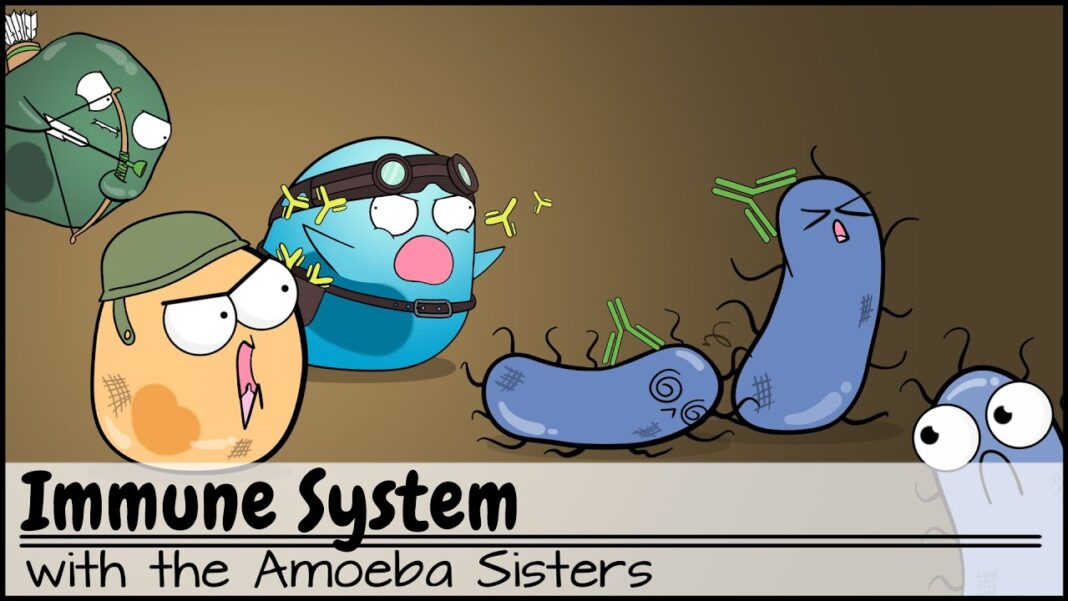
U.S. Supreme Court Justice Clarence Thomas on Friday defended judicial independence, arguing that government institutions mustn’t allow themselves to be strong-armed into delivering outcomes that people demand, according to news outlets.
Thomas made the remarks at a May 6 judicial conference in Atlanta, where he was asked by a moderator to discuss the biggest threats to judicial independence, according to Law360.
In his response, Thomas decried what he described as an erosion of respect for the high court and made an apparent reference to protests that erupted after the leak of a draft Supreme Court opinion suggesting the court is poised to overturn Roe v. Wade, with major implications for access to abortion.
He said that as a society, “we are becoming addicted to wanting particular outcomes, not living with the outcomes we don’t like,” according to Reuters.
“We can’t be an institution that can be bullied into giving you just the outcomes you want. The events from earlier this week are a symptom of that,” he added.
A flurry of protests and counter-protests broke out outside the Supreme Court after Politico obtained and published the draft opinion that would uphold a Mississippi law banning abortions after 15 weeks of pregnancy and overturn the Roe v. Wade decision that legalized abortion nationwide.
The protests have been loud but mostly peaceful, though there have been reports that pro-abortion activists attacked pro-life pastors.
In a bid to prevent violence, police have now surrounded the Supreme Court with a set of 9-foot high metal barricades, with an officer telling an Epoch Times reporter that the move was “just in case.”
Speaking at the 11th Circuit Judicial Conference, a gathering of lawyers and judges, Thomas referred several times to the “unfortunate events” of the past week, bemoaning declining respect for institutions and the rule of law.
“It bodes ill for a free society,” he said, according to The Washington Post. It can’t be that institutions “give you only the outcome you want, or can be bullied” into submission.
By Tom Ozimek





